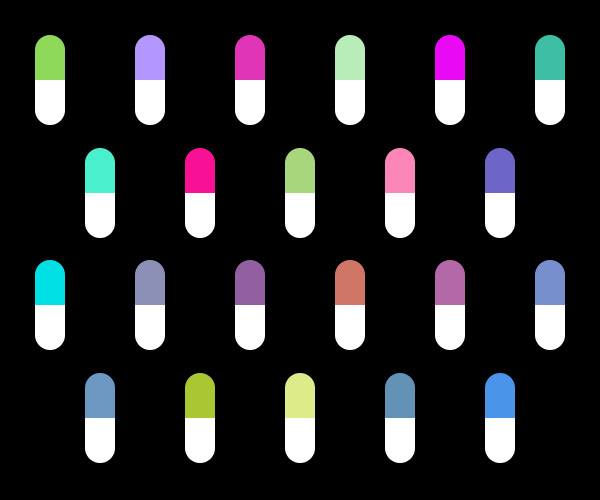
A rebound headache, also known as a medication overuse headache, is caused by the chronic overuse of medications to treat primary headaches. In fact, the International Classification of Headache Disorders officially classifies these headaches as secondary headaches attributed to a substance or its withdrawal. Over-the-counter headache medications, like acetaminophen, ar frequently the source, although the excessive use of caffeine may cause them too. Many different prescription medications are also linked to rebound headaches, including symptomatic drugs like narcotics, benzodiazepines, and even decongestants.
Drug-induced headaches are hardly rare. The World Health Organization reports that approximately five percent of the total population experiences medication overuse headaches — the majority of them women. These individuals often go undiagnosed, oblivious to the fact that the very remedy they use to treat their headaches is causing them too. Achieving a diagnosis is essential for correctly treating these headaches and making a full recovery.
Medication Overuse Headache Symptoms
A rebound headache is identifiable by its persistence, usually occurring on a nearly daily basis. Many people who suffer with medication overuse headaches report being awakened by the pain in the mornings. These headaches are caused by the body’s adaptation to frequent medication use, making short-term relief attainable only by taking additional medication. Risk of developing a medication overuse headache varies according to the substance being used to treat pain. However, doctors and scientists generally agree that taking any kind of headache medication more than twice weekly puts a person at risk for rebound headaches.
It is important to seek professional rebound headache treatment rather than continuing to take substances to manage them. Patients with medication-induced headaches often require increasingly larger dosages to achieve pain relief. These dosages are unsafe above and beyond their approved instructions for use. If headaches are occurring daily or near daily, or if a person is requiring more and more medication to manage headaches, medical treatment is necessary.
Rebound Headache Treatment
Doctors are trained to identify the symptoms of headaches caused by the overuse of medications. Based on an examination and review of a patient’s history of medication use, doctors can diagnose rebound headaches and make a recommendation for treatment.
A foundational component of headache treatment is restricting the use of pain medications. Though it may not be easy, it is the only way to stop rebound headaches. Unfortunately, many patients find that their headaches get worse, rather than better. They may also experience symptoms of withdrawal, such as restlessness, nausea, and insomnia. For this reason, a doctor may recommend slowly reducing medication intake or otherwise undergoing alternate treatments and therapies to minimize headache pain during the withdrawal period.
People who suffer from medication overuse headaches are capable of making full recoveries. After the initial withdrawal period, rebound headaches usually begin to occur less frequently and with less intensity. The duration of the recovery period varies according to each person, the substance responsible for rebound headaches, and the amount of time it takes to taper the medication dosage and use.
Once the rebound headache cycle is broken, patients can begin to address the cause of their primary headaches. This may include the use of pain management techniques that will not cause rebound headaches. For example, some migraine sufferers benefit from preventative treatments like BOTOX injections or the use of beta blockers. It may also be advantageous to explore alternative headache therapies, such as acupuncture or massage.
Image Source: Robson#

